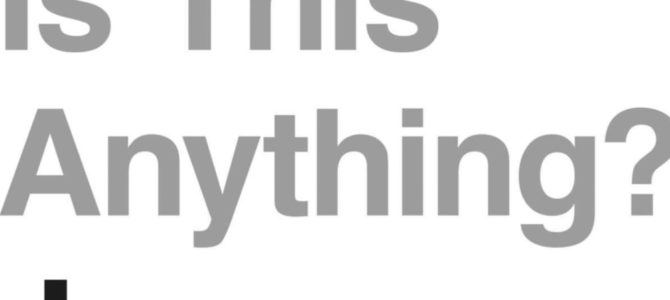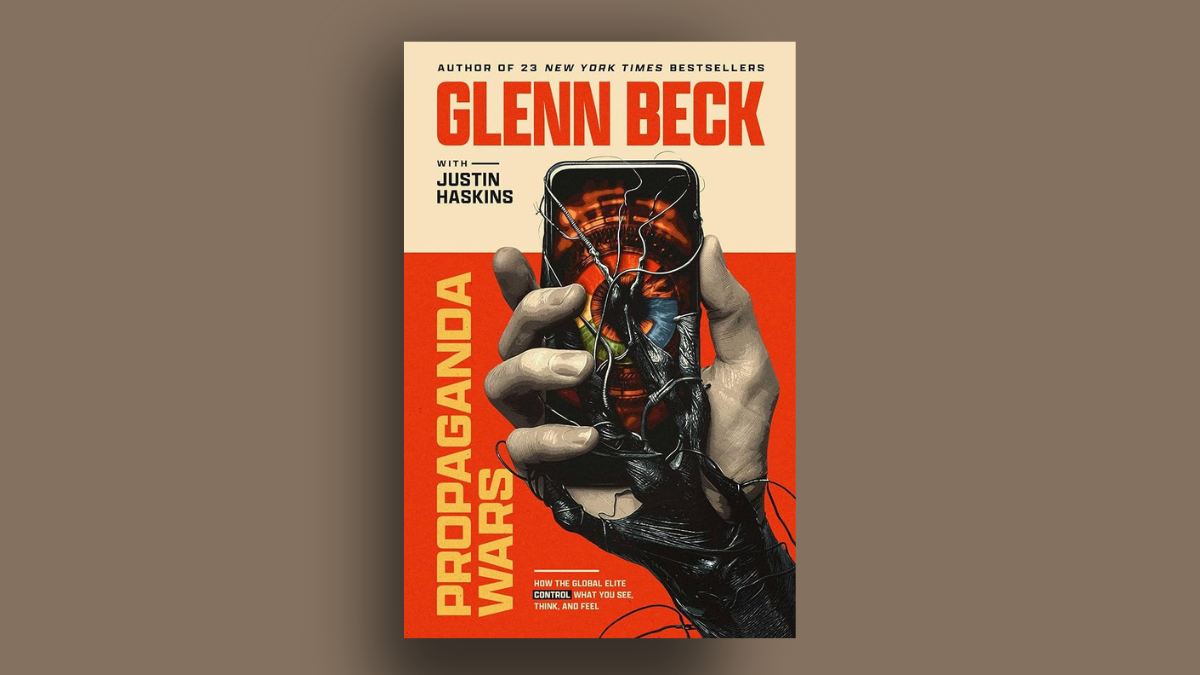
I hate standup. Always have. I’ve seen a lot of it. “You gotta hear this guy!” “You gotta see her show! Even you would absolutely love it!” You just gotta.
Bleh. Comedians making observations. Pointing out the absurdity of this or that. Coming at life from a slightly skewed angle. It’s so boring! It isn’t insightful. It isn’t even funny. Oh, I’m laughing my head off, sure. I’m surrounded by a bunch of hooting baboons. You have to laugh or they might notice and attack you.
I don’t know why I’m this way. Could be because, growing up with ecumenical parents who kept lugging us around to different churches, I got preached at in a lot of different manners as a kid. Baptist sermons, Methodist sermons, Assembly of God sermons, Presbyterian sermons, Catholic sermons, Episcopalian sermons (they read them aloud, like third graders!), even a couple of Unitarian sermons (what was that about?).
You go to a Quaker meeting, think you’re going to get a little peace and quiet. No, somebody is moved by the spirit, and you get another homily. “Yeah right, that was your Inner Light talking, not you running your mouth about basically nothing. Sure.”
One night in college, there I was sitting through another interminable standup act, laughing along with everybody, waiting for this torture to end, and it struck me: I’m in church! This is a slightly more amusing version of a sermon. This guy wants me to go somewhere with him. And I think: No way! I’m not going there. That’s your place. I got my own place.
Of all the kinds of comedy, the kind I hate the most is observational humor. So when “Seinfeld” came along in the ’90s, I never watched an episode. Soup Nazi? Yada yada yada? No clue.
But the show is gone now. Here we are 20 years later, and the great Comedy Movement, the great attempt to replace religion in America with a sort of Existentialism Lite, has crashed itself onto the rocks of Marxist hypermoralism, and all that’s left of the comedy boat is a bunch of splinters. Shipwreck.
Now those who call themselves comedians are almost all commie apparatchiks who demand we laugh in lockstep or not at all. And who do we castaways find ourselves on the beach with? Jerry Seinfeld.
The Blueprint
Seinfeld’s new book Is This Anything? has got it right.
I still don’t know exactly for sure where jokes come from. I think it’s from some emotional cocktail of boredom, aggression, intense visual acuity and a kind of Silly Putty of the mind that enables you to re-form what you see into what you want it to be.
This is the only Seinfeld memoir that the world will ever need. It is the blueprint for his act, the compendium of jokes he’s been carrying around for years in folders like a recipe collection that he then turns into five-star creations on stage. It’s what he works from. The fact that he’s obsessively kept them over the years is itself a signature of his comedy style: Obsession, compulsion, repulsion, neurosis-driven yanks on the steering wheel of life.
The jokes in the book are arranged by decade, starting with the ’70s and going through the present, with a couple of observations on the recent year of Wuhan flu and other madness.
The bits from the ’70s are Seinfeld feeling his way toward his true material. We see sparks of inspiration, hints he’s getting there. It has the feel of scraping by in tiny apartments and working smoky nightclubs.
Well, I’m getting down to that last little sliver of soap in my shower.
I’m going to have to make a decision pretty soon.
Throw it out or try and mind-meld it to a new bar.
When does this add up to be a worthwhile activity?
One day you look around and you’re hundreds of bars ahead of everybody else.
You’re throwing Soap Parties.
Giving it away around the office.
‘Hey, thanks. Where do you get it all?’
‘I have my methods.’
‘Wow, that guy sure has a lot of soap.’
‘Yeah, he’s quite a guy.’
The ’70s jokes are, as Seinfeld admits in the book, only halfway decent—but good enough to get a curtain call on “The Tonight Show” as the ’80s dawned, which set him on his way. During the ’80s, Seinfeld perfected his schtick, the observational minutia guy. Perhaps it was Seinfeld’s relentless work ethic, perhaps his boredom with being always in character as an obsessive, but over time the jokes morphed. He took it up a level.
The early ’90s was the Seinfeld golden era. The jokes began to spread out, to bleed into one another and become both gags and metaphysical reflections on themselves, on their inner workings, and to still be about things everyone could identify with. The leaps in imagery and magical logic became both brilliantly incongruous and more certain of where the ultimate bit was headed. They’re little magical spells.
I hesitate to compare anything to poetry these days because modern poetry is basically blowing random puffs of smoke up your own rear end in order to self-inflate to the point an MFA department notices you, hires you, and gives you a fake job for life. Nobody ever, ever reads modern poetry. Have you?
But Seinfeld hits a rhythm of image compression and release, and of idea-sparking madness with his ’90s material that is often downright elevating for the soul. Take his great joke, “Northeast Guy.”
Nice day today here.
Or not.
Who cares?
I don’t even know.
I’m a Northeast guy.
I like whatever the weather.
Because that is the weather for the day that it is.
Here’s your choice:
You’re dead.
Or it’s today.
Those are the options.
You either don’t exist or, occasional drizzle.
Take your pick.
No interest in what it
Might be
Could be
Should be
Used to be.
When people mention weather, I cannot pretend to care.
I cannot keep the conversation going.
‘Can you believe this weather?’
‘Yes, I can.’
‘Do you think it’s going to stay like this?’
‘No—I don’t.’
Indoors stays the same. Go there.
Or this little gem, “Bugs Going.”
I have always wondered, where are bugs going?
Every bug you see is on his way somewhere else.
Bugs never seem to stop and go,
‘Well, here I am.’
And if you put your hand down in front of him, no problem.
They pick a completely different destination.
But I guess if you were walking along, and someone dropped a 200-foot wall in front of you, you’d go,
‘I think I’ll go elsewhere.
There’s walls falling out of the sky around here.
I don’t need that.’
Sometimes I would flick a bug like, 20 feet.
Which is the farthest from home he’s ever been.
He has to hitchhike to get back.
He’s holding a little sign,
’20 feet.’
This is the kind of middlebrow poetic expression that used to be in the mid-twentieth-century national magazines all the time, and was sometimes humorous, sometimes earnest, and generally pretty great.
In the mid-’90s came the “Seinfeld” television show, and as Seinfeld tells us in one of the mercifully short interstitial essays that introduces each decade, after the show was over, he lost his artistic way.
I love working really slowly and taking a really long time figuring out what I want the bit to be. In the series I had to work really fast and had no time. I do think because Larry and I approached the show as stand-ups is why the comedy works so well. There is a stand-up rhythm to the dialogue and a stand-up mindset to the story lines.
An Individualist
In the interim after the show ended, he got married and started a family—something that also gave him material for his late renaissance. He decided to come back as a standup guy. After years off the stage, Seinfeld was rusty. We get some weak stuff from the 2000s as a result.
I partly listened to the book in audio format read by Seinfeld, and he does not seem to be into his 2000s material himself. By the way, I highly recommend skipping the audiobook entirely and reading the jokes cold, putting your own mental spin to them.
Anyhow, sometime at the beginning of the current decade and continuing to the present, Seinfeld hit a new stride with his act. The stuff isn’t as great as the ’90s material—but still, it is very good.
I love being in my 60s.
I want to be clear about that.
It’s my favorite decade of human life so far.
When you’re in your 60s, and someone asks you to do something, you just say, ‘No.’
No reason.
No excuse.
No explanation.
I can’t wait for my 70s.
I don’t even think I’ll answer.
Or this moment of pure Seinfeldian angst and revelation, “I Don’t Turn Around.”
I find I do not like to turn around anymore to see something that is behind me.
If I’m going this way, and someone wants me to see something that is that way, and they’re all excited,
‘Jerry, you’ve got to see this.’
I disagree.
I don’t feel old.
I don’t feel tired.
I’ve just seen a lot of things.
I’ll see it on the way back when it’s in front of me, how about that?
Or, I won’t see it.
Or, I’ll Google it.
Or, I’ll just assume it’s probably a lot like something else I’ve already seen.
Yet as a genre, real standup, Seinfeld’s kind of standup, is dead. I remember sitting at an ongoing “cutting edge” improv night in New York in the 1990s called Surf Reality—I was forced by love to go to a bunch of them—and watching all the SNL wannabes, the low-rent Andy Kaufmans and shock comedians, and, above all, a growing cadre of anti-comedians trying to remake ’80s standup into something “meaningful,” something that “worked for change,” and I remember thinking, “these people are really, really not funny.”
But Surf Reality was on the cutting edge, it turns out. It took 25 years, but the anti-comedians cut standup’s throat. And, incidentally, their own. What so-called comedians traffic in these days I can only call totalitarian garbage. Seinfeld might not put it that way, but he clearly hates this kind of stuff, too.
Because if you removed all the people from Earth, that pretty much solves every problem there is.
No crime.
No war.
No garbage.
All gone.
Maybe that’s the idea behind this coronavirus. Maybe this thing knows what it’s doing.
Animals don’t care about crime.
They definitely don’t care about rape.
It’s all rape with animals, isn’t it?
Birds are not concerned about forced sex.
They would never organize a march holding signs that say,
‘Tweet means tweet!’
These days, Seinfeld and people like me who never had much in common with the standup crowd find ourselves stumbling along the same shipwrecked stretch of beach, trying to piece together some Swiss Family Robinson way to retain our personhood against the zealots and crusaders who want to fold us into stereotypes and wipe out the quirky individuals that we are.
To them we are racists, fascists, bigots, homophobes, Islamophobes, supremacists, Uncle Toms, crackers, and people who don’t understand the true purpose of humor—which is, of course, to serve the state. These days, you’re in the Ku Klux Klan if you criticize the Post Office! And if there is one consistent theme in Seinfeld’s comedy through the years, it is his great dislike of the Post Office.
Seinfeld is irritated by our present condition, but he laments that we still expect something from him despite what he’s done already. Isn’t it enough?
The sponge in your kitchen next to the sink has gone so far past its intended natural lifespan.
And yet, for some reason we just keep pushing it.
The color’s all faded.
No sponginess left.
Half its original thickness.
Pieces of it just leprosy-ing all over the place…
When it’s dry, it’s crispy and convex.
You go to squeeze some more dishwashing liquid on, it looks up at you like,
‘Dude, listen to me…
I can’t do this anymore.
I have given you absolutely everything that I have.
And more.
Everything.
Conceivably, possibly that there is in me.
When you bought me, did you think this would never end…?
I can’t…
I don’t… there’s just nothing left of me.
I can’t get back to where I was.
It’s not in me.
I’m over.
I’m thin.
I’m flimsy.
When I was new, I actually had my own soap built into me.
And that was so long ago, I can’t even remember what it felt like. Can you?
And I know you don’t have another sponge under the sink.
I know that.
I know that’s why I’m still here.
But, I just want to say, I don’t regret anything.
I’ve had a really spongy life. …
And I’m ready now.
Please…
I beg of you…
Please, just let me go.’
Sorry, sponge-dude. As annoying as it will be for you, you’re gonna have to stick around a while longer and keep going with the jokes, even if it takes everything out of you. Even if it risks getting you canceled permanently, which, we all know, is a very real possibility.
You clearly still need a stage with real people in the audience to laugh. And we need you the way the Swiss Family Robinson needed a knife and rope — which is to make harnesses for our ostrich chariots, of course. Hey, we’re putting together an army of individualists out here! We might rise up against the current insanity.
Then again, we might take a different tack entirely. We’ll let you know. In the meantime, never stop what you’re doing.









